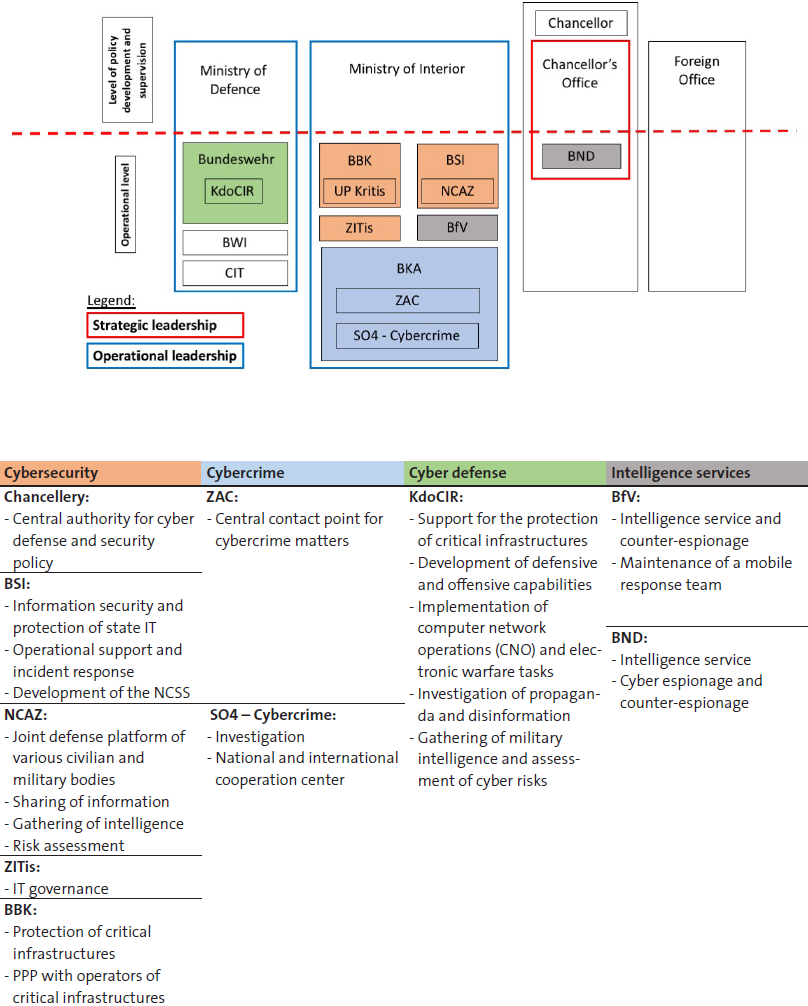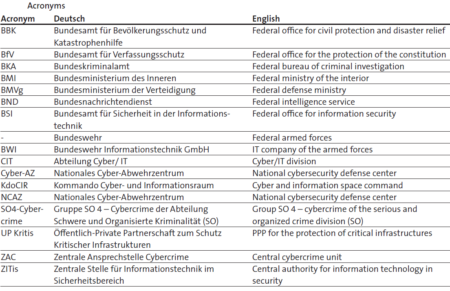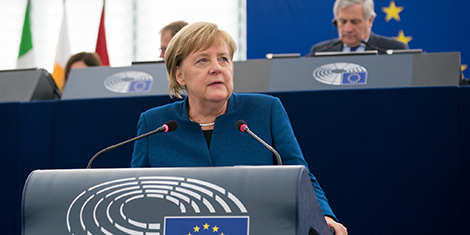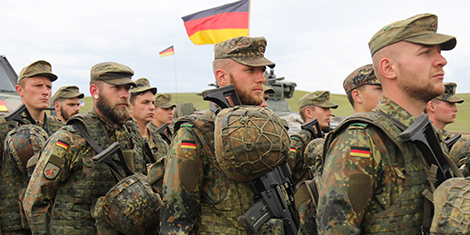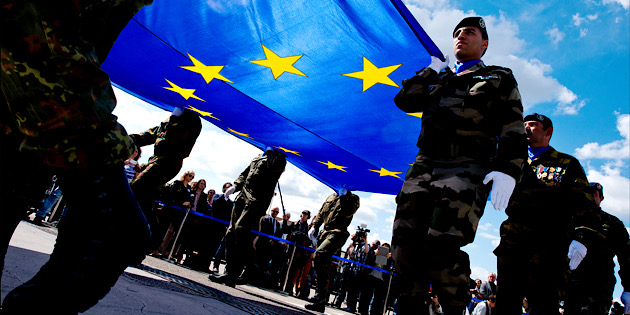
This article was originally published by the IPI Global Observatory on 4 March 2020.
President Emmanuel Macron of France laid out a bold vision for Europe during the Munich Security Conference (MSC) last month. “We need a European strategy that allows us to present ourselves as a strategic power. The Europe I have in mind is a Europe that is sovereign, united, and democratic,” he said. Macron has increasingly invoked this vision as an answer to the prevailing perception in Europe that the United States is beginning to withdraw from the international stage, leaving a void that is slowly being filled by China and Russia.

